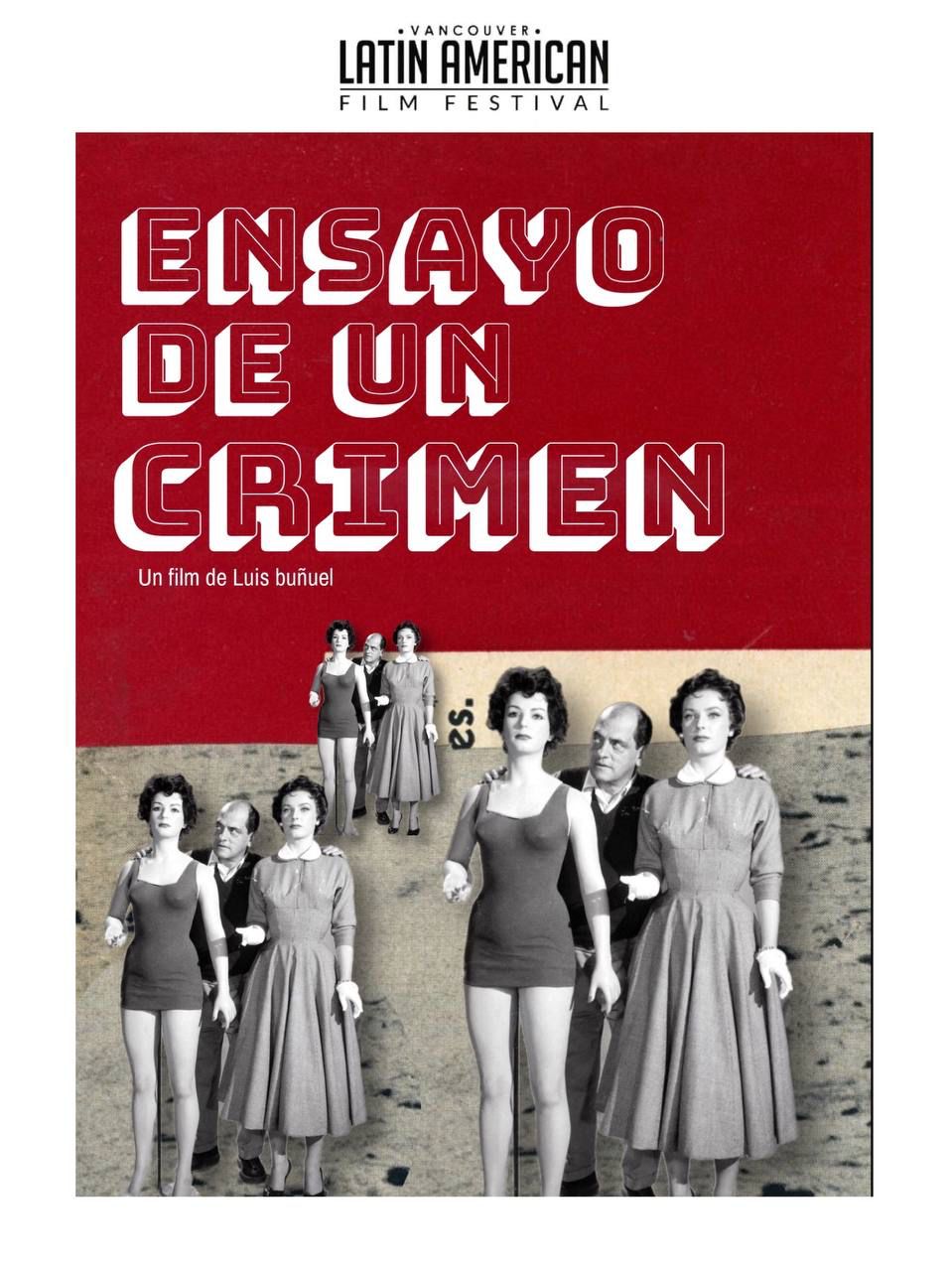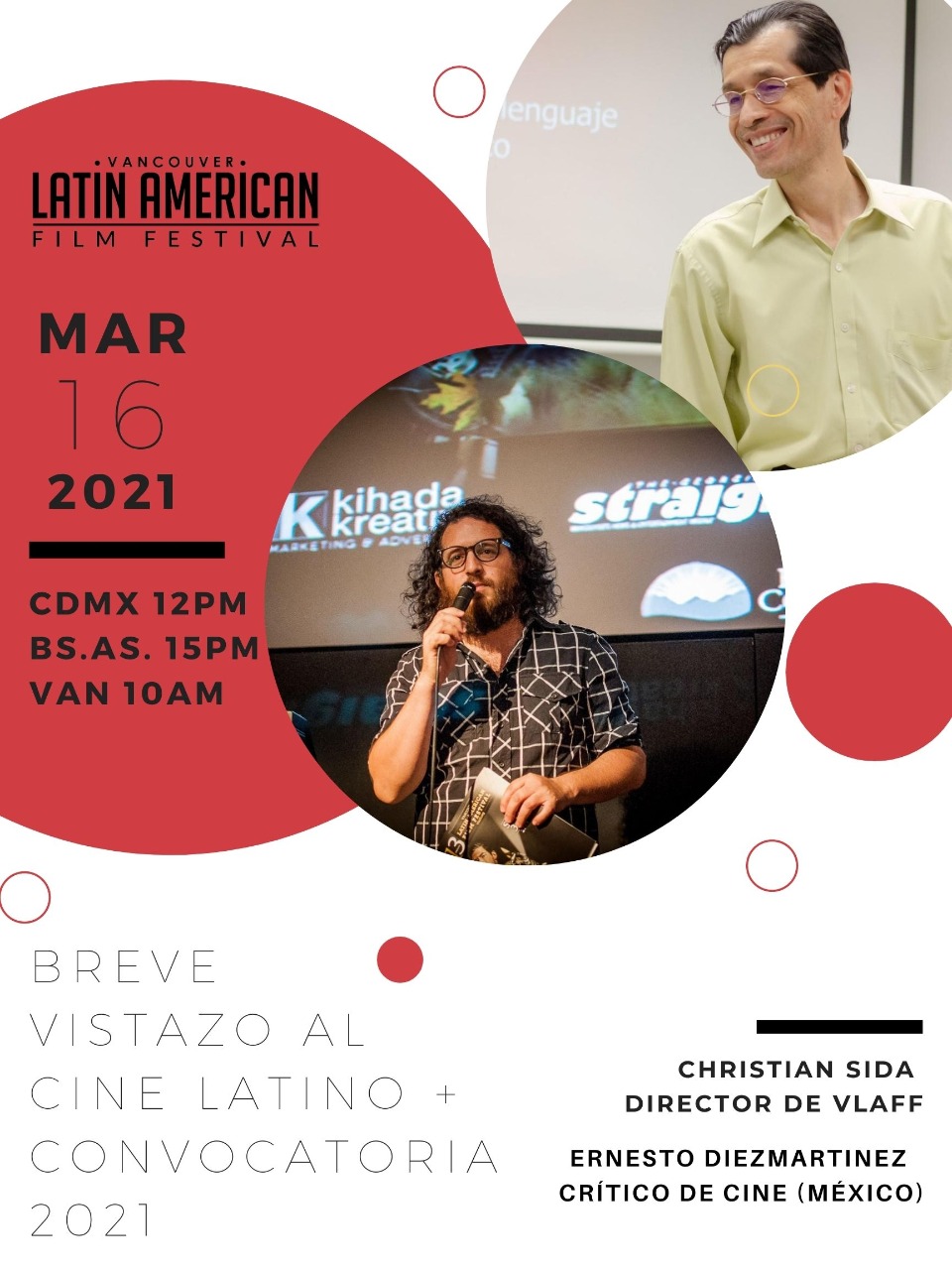In English below.
Es muy difícil explicar lo que sucede en el cine guatemalteco ¿cómo puede un pequeño país, sin ley de cine y con tantos conflictos, producir tan buen cine? Christian Sida (VLAFF director) charló con Pamela Guinea para las redes de VLAFF, para tratar de entender un poco más de lo que se vive en Guatemala y, para que nuestras audiencias conozcan lo significante que es el cine que se realiza en este país centroamericano.
Pamela Guinea es productora guatemalteca de cintas como GASOLINA (2008, mejor película Horizontes, San Sebastián), NUESTRAS MADRES (2019, premio en Cannes, Cámara de Oro), y más de diez largometrajes más; también, Pamela es parte de AGACINE, (Asociación guatemalteca del audiovisual y la cinematografía) la cual tiene como una de sus tareas lograr que Guatemala tenga una ley de cine, leyes como las que existen en gran parte de América Latina. Pero en términos de calidad y reconocimiento, parece que con ley o sin ley, las y los cineastas guatemaltecos siguen logrando reconocimientos por todo el mundo. Más recientemente, el premio de Cámara de Oro otorgado a NUESTRAS MADRES en Cannes, se une a los relevantes premios históricos para el cine Chapín, como IXCANUL (dir. Jayro Bustamante, mejor ópera prima en Berlín, 2015) o GASOLINA (dir. Julio Hernández Cordón, premio Horizontes San Sebastián, 2008).
Como dato curioso, al menos para quien escribe, no hay mejor selección de cine latinoamericano que Horizontes en San Sebastián, y en el 2019, en esa sección había tres cintas guatemaltecas (LA LLORONA, TEMBLORES, dir. Jayro Bustamante & NUESTRAS MADRES dir. César Díaz) y, el gigante latinoamericano, México, solo contendía con una, CHICUAROTES (dir. Gael García Bernal).
Hablé con Pamela mediante WhatsApp, Ciudad de Guatemala-Vancouver, para mirar más de cerca a ese ejemplo tan impresionante que son los cineastas guatemaltecos y eso que tan bien producen.
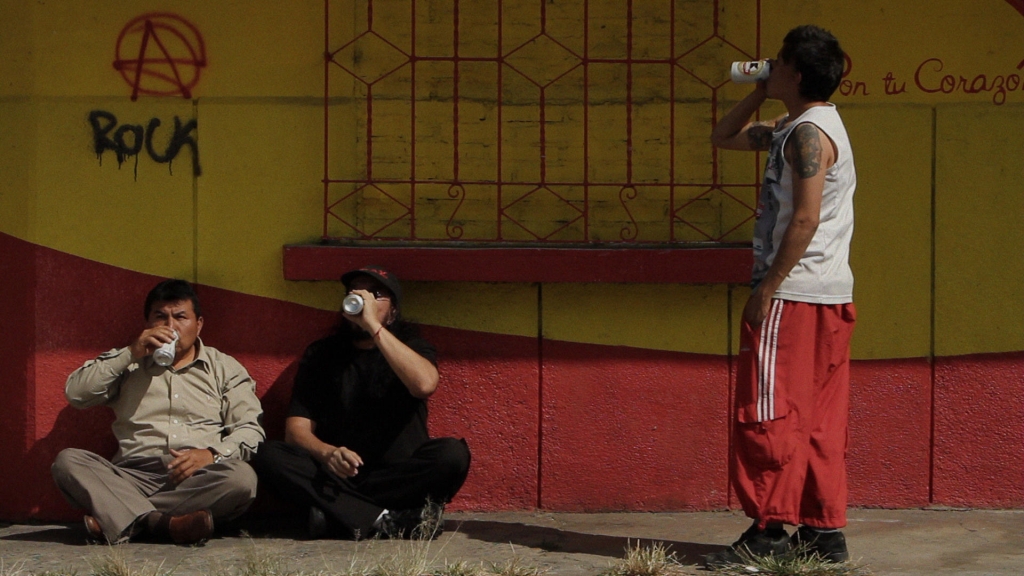
Pero, cómo se hace en un país con tantas carencias, poder lograr lo que han estado logrando. Para Pamela, una de las respuestas son esos cineastas que regresan, y que vuelven al país con ”ganas de contar historias, historias que los mueven”.
Guatemala firmó los acuerdos de paz en 1996, con más de tres décadas de conflicto armado, las historia reciente del país es dura, todavía duele. Otra cineasta guatemalteca con premios importantes, es Ana Bustamante, su largometraje documental LA ASFIXIA (2019, premio especial del jurado, FICG), habla sobre la memoria, sobre la desaparición forzada durante el conflicto. Y en conjunto, el cine producido en el país centroamericano tiene un peso histórico, para Pamela, la historia reciente sigue tocando de manera sensible a los cineastas de su generación. ”Quizá a los jóvenes que están haciendo cine, no les interesa mucho hablar de eso, porque también en Guate es difícil hablar de la memoria histórica, hay una agenda que dice que es mejor olvidar, que todo quede en el pasado, sin embargo, nosotros, a quienes nos tocó, o a nuestros padres, es algo que nos mueve y nos duele y queremos seguir hablando de esto. Ojalá llegue el día de que no tengamos que hablar de esto, incluso la violencia que se vive hoy en día en Guatemala es producto de eso. Guatemala es un país muy movido, te das cuenta en su literatura, su pintura, en su cine ahora, y todo esto es muy poderoso porque la historia nos ha dado con qué, nos ha dado el materia”.
Pamela ha vivido, trabajado y sentido como poca gente el cine guatemalteco y hoy ella es parte fundamental de estos logros del cine chapín, y eso no es nada fácil. Afortunadamente, Pamela ha podido concretar producciones mediante las co-producciones con otros países.
”Es súper difícil y complicado producir en este país, no hay fondos, no hay ley, no hay regulaciones, pero bueno, también es un reto. Y a pesar de eso sí hay un cine chapín que no tiene fondos extranjeros y funciona, aunque también existe el camino de las co-producciones, que digamos, es el que yo he encontrado para poder levantar proyectos, que para mí también es parte de una riqueza, de un intercambio técnico artístico. Y aunque el camino de la co-producción no es el único, también se puede hacer cine sin co-producciones pero es bastante limitado y no me refiero a cuestión de creatividad, sino a cuestión de dinero, el cine es un arte muy caro. Uno puede tener las ganas, los amigos, pero todo se agota y la gente tiene que vivir, es un trabajo muy riguroso, y es por eso es que estamos luchando por la ley de cine desde varias trincheras, y esperamos que pronto pueda cambiar esta realidad para que podamos realizar cine con nuestros propios fondos”.
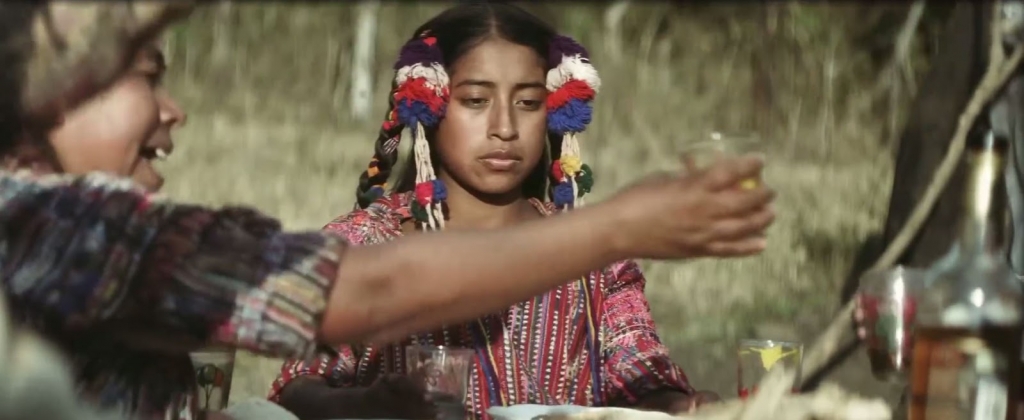
NUESTRAS MADRES es uno de los últimos trabajos donde Pamela ha sido parte de la producción. El largometraje dirigido por César Díaz y protagonizado por el actor mexicano Armando Espitia, ha tenido un recorrido impresionante desde que obtuviera el premio de mejor nuevo director en Cannes.
”La gente está esperando la película con muchísimas ansías, es un tema muy polémico que genera mucha controversia, y si bien el premio de la Cámara de Oro hizo mucho ruido, no sé como la van a recibir cuando la vean. Y pasa también con LA LLORONA (dir. Jayro Bustamante) y esta trilogía que ha hecho Jayro ha sido bastante importante, tiene un discurso muy fuerte y poderoso, sobre el país mismo, pero este tema del conflicto armado y el genocidio, es bastante delicado aún, estamos muy polarizados. NUESTRAS MADRES ha generado mucha prensa, pero no sé, la película la pensamos estrenar este mes en la Muestra de Cine Memoria Verdad Justicia (función de apertura), pero todavía no tendremos corridas en salas comerciales, vamos a esperar, no es fácil estrenar en salas comerciales. Se lanzó un preventa de boletos para su función y la gente respondió muy bien. Lo importante de estas películas es que propician un diálogo y quizá no estaremos de acuerdo, pero al menos se escucha nuestro punto de vista”.
PD: Quisiera agregar que incluso Guate tiene una ‘’baja’’ en su lista e interesantes realizadores, pero aún así el cine chapín no deja de crecer -tanto en número de producciones como en hacer buen cine-. Y es que Julio Hernández Cordón dejó de hacer cine en Guatemala, el creador de la mexicana TE PROMETO ANARQUÍA (cinta de apertura de VLAFF, 2016) realizó obras muy relevantes para el cine latinoamericano viviendo en Guatemala, la cual es otra de sus patrias. Julio dirigió las multi premiadas GASOLINA (2008) y LAS MARIMBAS DEL INFIERNO (VLAFF 2011), así como dos largometrajes más. Sus últimas dos cintas las realizó en México.
A CONVERSATION WITH GUATEMALAN PRODUCER PAMELA GUINEA
It is very difficult to explain what is happening in Guatemalan cinema. How can a small country, without a cinema law and with so many conflicts, make such good cinema? Christian Sida (VLAFF’s director) talked to Pamela Guinea to chat with the VLAFF social media followers, to try to understand a little more about what is happening in Guatemala and, also, so that our audiences know more about the cinema produced in this Central American country.
Pamela is a Guatemalan producer of films such as GASOLINA (2008, Best Film – Horizontes Latinos, San Sebastián International Film Festival), NUESTRAS MADRES (OUR MOTHERS) (2019, Caméra d’Or – Best First Feature, Cannes Film Festival), and a total of ten feature length films; also, Pamela is part of AGACINE, (Guatemalan Audiovisual and Cinematography Association), which has as one of its tasks to ensure that Guatemala has a cinema law, laws like those that exist in much of Latin America. But in terms of quality, it seems that with or without this law, Guatemalan filmmakers continue to achieve worldwide recognition. More recently, the award given to OUR MOTHERS in Cannes, joins a list of prestigious awards for Guatemalan cinema, such as for IXCANUL (dir. Jayro Bustamante) the Best First Film in Berlin, 2015 and for GASOLINA (dir. Julio Hernández Cordón) the Horizontes Latinos Award in San Sebastián, 2008.
From my perspective, there is no better selection of Latin American cinema than Horizontes Latinos in San Sebastián, and in 2019, there were three Guatemalan films in that section (LA LLORONA, TEMBLORES, dir. Jayro Bustamante & NUESTRAS MADRES dir. César Díaz) while Mexico, a giant film producing country with a lot of public funding for cinema, only had one, CHICUAROTES (dir. Gael García Bernal).
From Vancouver I spoke with Pamela in Guatemala City via WhatsApp to take a closer look at the impressive example of Guatemalan filmmakers and what they produce so well, cinema.
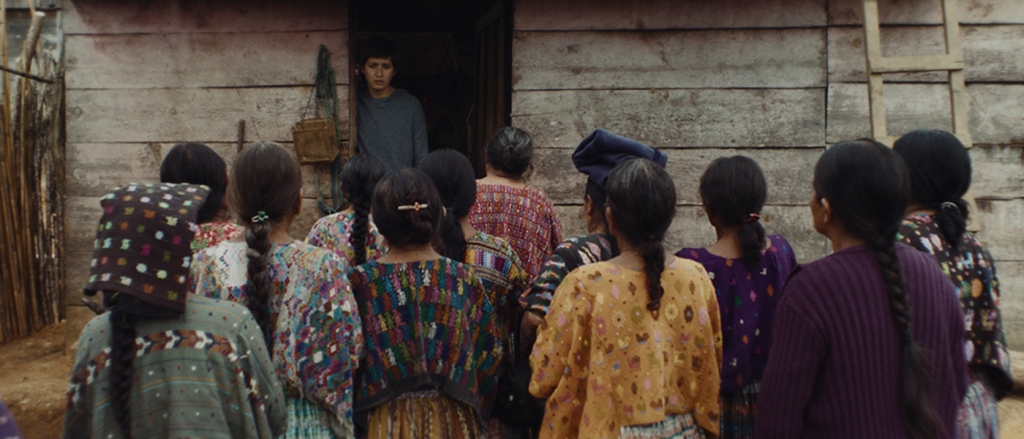
But how are filmmakers in a country that lacks so many resources able to achieve what they have been achieving? For Pamela, one of the answers is because of those filmmakers who return, and who return to the country with a “desire to tell stories, stories that move them.”
Guatemala signed the peace accords in 1996, after more than three decades of armed conflict. The country’s recent history is harsh, it still hurts. In director Ana Bustamante’s documentary feature LA ASFIXIA (2019, Special Jury Prize, FICG), she talks about the thousands of forced disappearances during the conflict. As a whole, the cinema produced in this Central American country has a historical weight. For Pamela, this recent painful history continues to touch acutely the filmmakers of her generation. ”Perhaps the young people who are making films are not very interested in talking about that, because in Guatemala it is also difficult to talk about historical memory. There is an agenda that says that it is better to forget, that everything remain in the past. However for us, for those it touched directly, or for our parents, it is something that moves us and hurts us and we want to continue talking about this. Hopefully the day will come when we don’t have to talk about this, even the violence that exists in Guatemala today is a product of that. Guatemala is a country with a lot of movement, you realize in its literature, its painting, its cinema now, and all this is very powerful because history has given us this, it has given us the subject matter.”
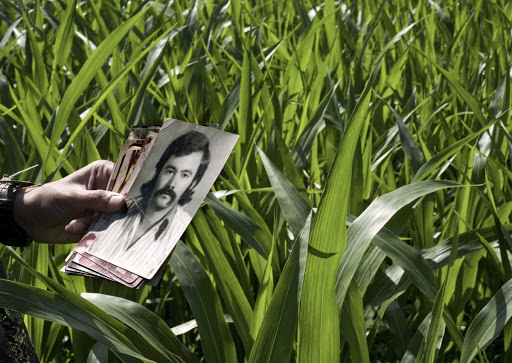
Pamela has lived, worked, and breathed Guatemalan cinema like few people, and today she is a fundamental part of these achievements of the Chapín cinema, and that has not been easy. Fortunately, Pamela has been able to finalize productions through co-productions with other countries.
”It is super difficult and complicated to produce in this country. There are no funds, there is no law, there are no regulations, and so, it is always a challenge. And despite that, there is a cinema that does not have foreign funds and works; although there is also the route of co-productions, which, let’s say, is the one that I found to get projects off the ground, which for me is also part of a wealth, of an artistic technical exchange. And although the way of co-productions is not the only one, you can also make films without co-productions but it is quite limited and I don’t mean a question of creativity, but a question of money—cinema is a very expensive art. You can have the desire, support from friends, but everyone is exhausted and people have to live. It is a very rigorous job, and that is why we are fighting for a cinema law from various trenches, and we hope that soon we can change this reality so that we can make films with our own funds.”

OUR MOTHERS is one of the latest films that Pamela has worked on as part of the production. The feature film directed by César Díaz and starring Mexican actor Armando Espitia, has had an impressive journey since it won the Best New Director award at Cannes.
”People in Guatemala are waiting for the film with great eagerness. It is a very controversial subject that generates a lot of debate, and although the Caméra d’Or award made a lot of noise, I don’t know how they will receive it when they see it. And, this has also happened with LA LLORONA (dir. Jayro Bustamante). This trilogy that Jayro has made has been quite important, he has a very strong and powerful vision about the country itself, but this issue of armed conflict and genocide is quite delicate. We are very polarized still. OUR MOTHERS has generated a lot of press, but I do not know what will happen. We plan to release the film this month at the International Film Festival of Memory Truth Justice (Opening Film), but we will not have a commercial run in theatres yet. We are going to wait, as it is not easy to premiere in commercial cinemas. The important thing about these films is that they promote dialogue and perhaps we will not all agree, but at least our point of view is heard.”
PS: I would like to add that even though Guatemala currently has “one player less” on their list of directors making films in the country, Chapín cinema continues to grow—both in the number of productions and in making good films. And I say that because for the time being, Julio Hernández Cordón has stopped making films in Guatemala. His last two films were made in Mexico, including CÓMPRAME UN REVÓLVER, VLAFF 2019) and TE PROMETO ANARQUÍA (Opening Film, VLAFF 2016). Prior to this, while living in Guatemala (another of his homelands), Julio made very relevant works for Central American cinema. Julio directed the multi award-winning GASOLINA (2008) and LAS MARIMBAS DEL INFIERNO (VLAFF 2011), as well as two more feature films.



